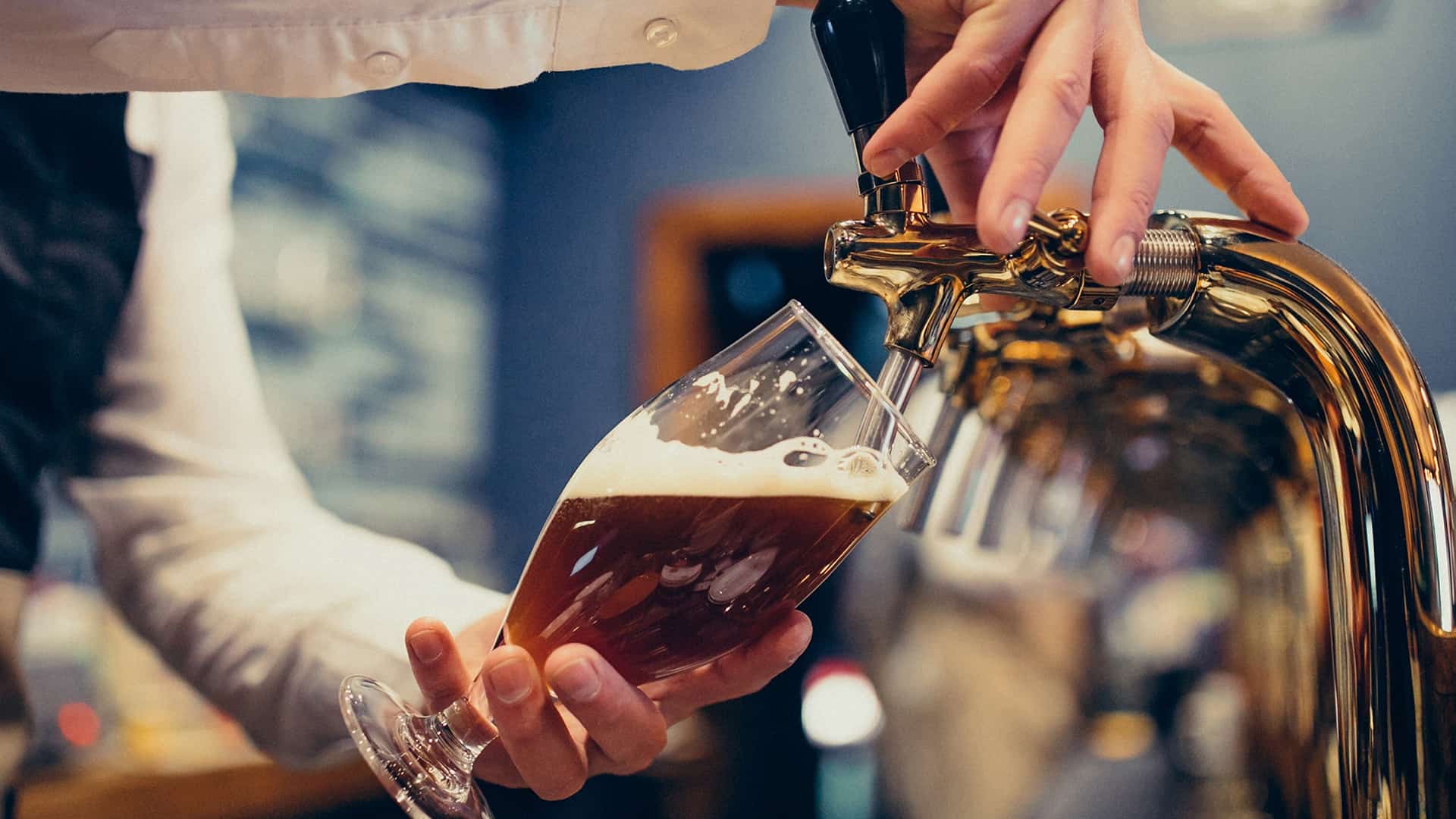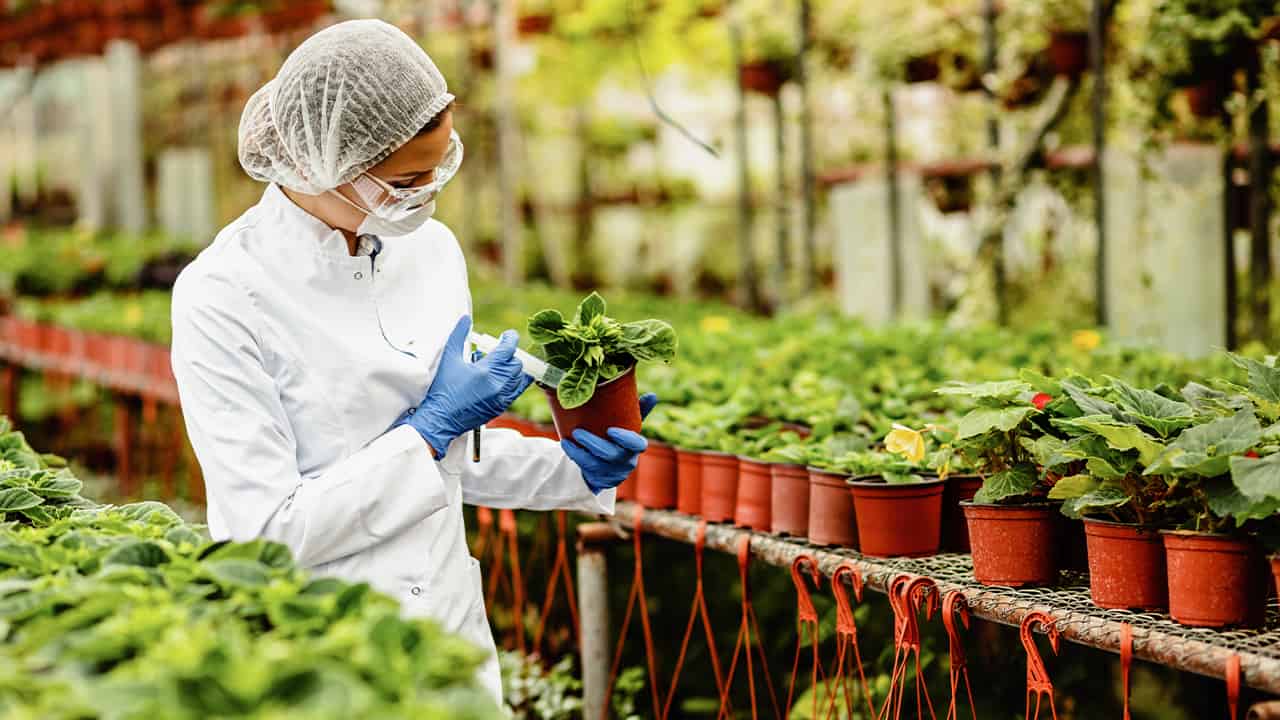Home brewing is the process of making beer without using malt or hops. Traditional home brewing involved a long list of difficult steps and as such, it was often considered a hobby for people with too much time on their hands. Nowadays, with the help of new technology, home brewing is much easier to accomplish. For beginners, this means that you can learn the basics in a matter of minutes and devote your time to actually enjoying the process instead of worrying about complicated procedures.
Talk to some brewing experts, and you’ll realize most of them started it as a hobby. Still, as a beginner, you need some guidance with equipment and the process. Here are some home brewing tips for those who are just starting out!
Essential home brewing tips for you!
1. Sanitization should be a priority
Sanitation and sterilization are two words that must be followed promptly. Sanitation concerns begin before you even begin brewing and continue until your bottles are sealed. The period immediately following the cooling of your beer is the most critical for sterilization issues. Because the yeast has not yet begun to ferment, bacteria and other illnesses are more prone to take control.
2. Cool off your wort fast
It is critical to constantly attempt to chill your wort as fast as possible. A rapid chilling procedure may enhance the release of tannins and proteins that are harmful to your beer. It will also reduce the possibility of germs growing. As an extra bonus, fast chilling your wort can improve the clarity of your beer, making it as visually pleasing as possible.
3. Start with dark-colored beers
This is one home brewing tip that will always help you! Regardless of your preferred style of beer, the best place to begin is with the black stuff. Because of their forgiving structure and flavor profile, darker beers, such as porters and stouts, are generally better at covering up mistakes you may have made. It is easy to become discouraged if your first few batches fail, so don’t make it any more difficult than necessary.
4. Everything about ingredients
There’s no denying that using high-quality, fresh ingredients is crucial for making the greatest homebrew possible. It is also critical to comprehend your components. For example, while fresh hops may be stored in the freezer without losing much of their freshness, keeping crushed grains and barley will ultimately result in oxidation, which would ruin the flavor. Some objects can be stored, while others cannot.
5. Glass fermenters
Plastic buckets for fermentation are commonly included in home brewing kits. While they offer a low-cost entry point, they should also be considered for future upgrades. Fermenters made of glass or stainless steel have several important benefits over plastic fermenters. They are easier to clean and sanitize because the contents do not adhere as readily. They also provide a stronger barrier against oxygen than plastic.
6. Think long term
Homebrewing requires a financial commitment. When purchasing equipment, consider how it will function in the long term. Saving a little dollars today might cost you a lot later. If you’re seeking to improve, there’s a high chance you’re in it for the long haul, so upgrade wisely.
Home brewing is an art, a science, and a lot of fun. The secret to good brewing is to plan strategically, sort your ingredients, and make efficient decisions. Once you’ve mastered the fundamentals, it’s all about trial and error until you find the ideal brew.





